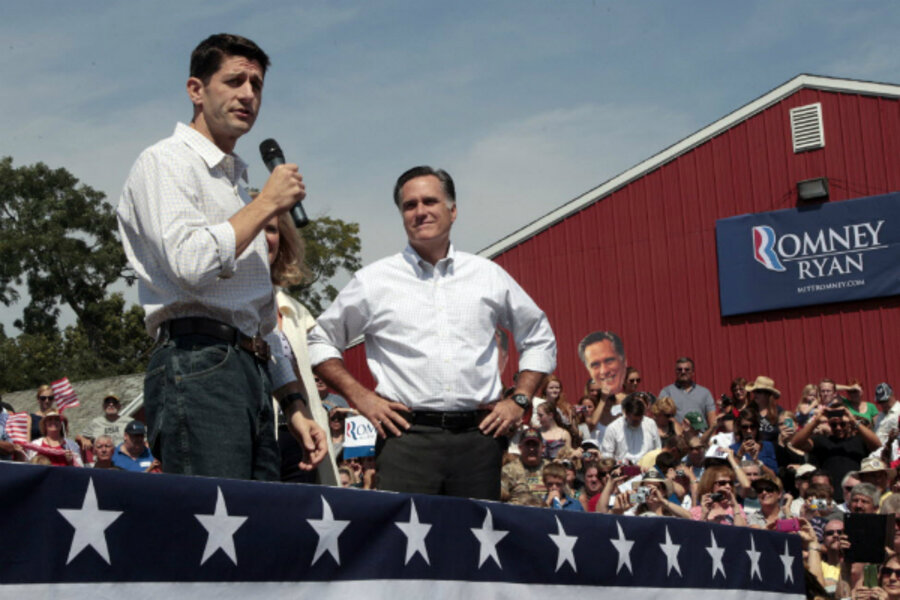Romney wants to repeal the estate tax. Obama says that's a bad idea.
Obama's idea is to reinstate the 2009-level estate tax, with a 45 percent estate tax rate after a $3.5 million exemption on assets passed to heirs. Supporters of his policy say the tax affects only about 0.3 percent of all estates. They say it can make a significant contribution to federal deficit-reduction, without harming job creation or incentives to save and invest.
"While repealing the estate tax might lead some people to save more, it also would lead the government to borrow more to offset the lost revenue," the liberal Center on Budget and Policy Priorities argued in a 2009 primer on the subject.
Romney argues for repeal. In its tax-policy agenda, the Romney campaign says the tax "encourages the most complicated and convoluted tax-avoidance schemes at tremendous cost to all involved." Also, "it can have catastrophic effects when a small family-owned business, in the course of passing to the next generation, creates tax liabilities that the family cannot meet without breaking up the business itself."





